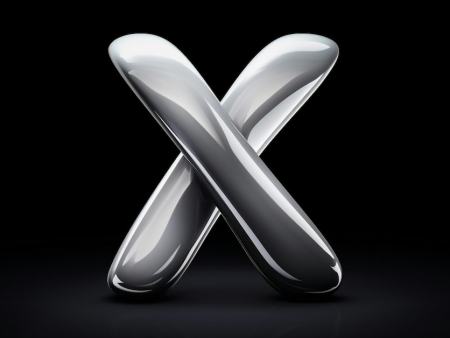
New regulatory filings suggest that FanDuel’s anticipated entry into the prediction markets is imminent, with a potential launch date targeting the first weekend of December, with FanDuel Predicts ready to launch.
Documents submitted by CME Group, FanDuel’s strategic partner for this venture, indicate that trading on a broad array of sports event contracts could commence as early as December 6. These filings represent the strongest indication to date that the “FanDuel Predicts” platform is in the final stages of preparation.
The submissions, filed on November 18 as part of CME’s standard reporting requirements, detail an initial offering of “Event Contract Swaps.”
The scope of these contracts is extensive, covering major U.S. professional leagues including basketball, football, and hockey, as well as collegiate competitions.
This wide-ranging list suggests that FanDuel intends to debut with a comprehensive market offering rather than a limited pilot program.
The December 6 date appears repeatedly in relation to team-specific contracts across major markets such as Boston, Chicago, and Atlanta, accompanied by technical clearing codes that imply the necessary infrastructure is already in place.
While the report notes that listings remain subject to mandatory review by the Commodity Futures Trading Commission (CFTC), the specificity of the filing, including operational hours of 24/7 trading with brief maintenance windows, suggests confidence in approval.
This level of transparency provides a rare glimpse into the operational mechanics of the upcoming platform.
Following an initial teaser in early November that vaguely promised a December release, both FanDuel and CME had remained relatively quiet. These new documents fill that silence, confirming that ambitious technical and regulatory work has continued behind the scenes.
If the target date holds, FanDuel Predicts will represent a significant milestone as one of the first major consumer-facing products to integrate retail sports predictions with a federally regulated derivatives exchange.
This shift could fundamentally alter fan engagement, repositioning sports outcomes as tradable financial instruments rather than simple recreational wagers.





